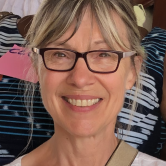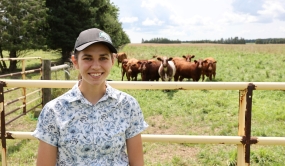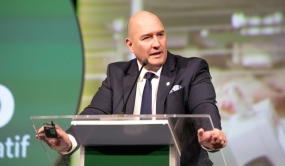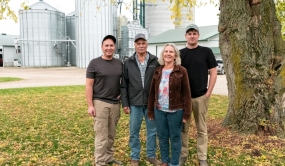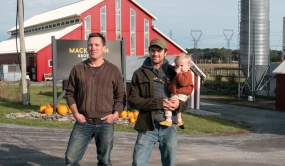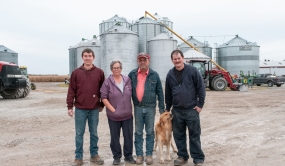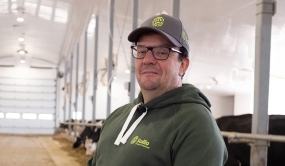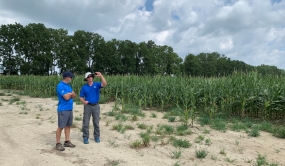Ripe for Change
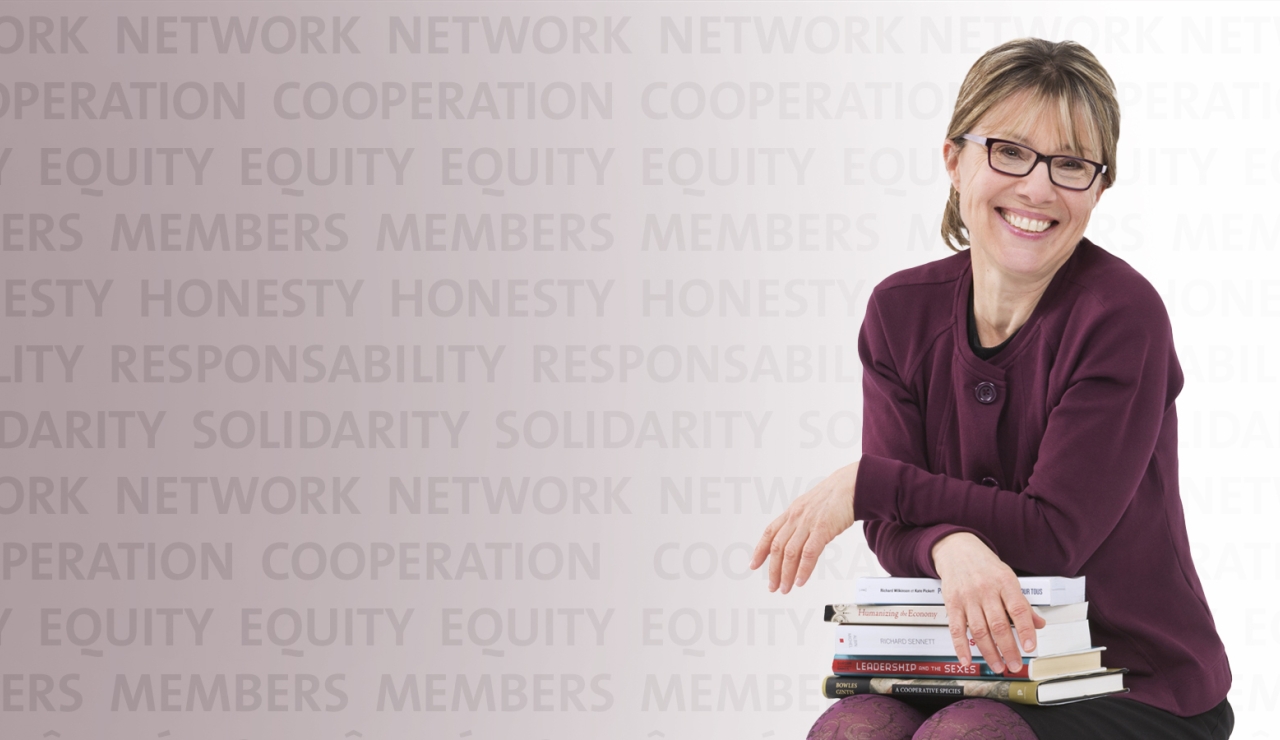
Delicious papayas, mangoes and pineapple! Such refreshing fruit! I love to make them into scrumptious salads, they help me forget about this never-ending winter and they provide comfort while I wait for the first strawberries to arrive. Isn’t it wonderful how we can find these exotic fruit on your neighbourhood supermarket shelves at such affordable prices and enjoy them all year long?
Well no… it isn’t wonderful. In as much as it relates to something wondrous. It has only become possible because small scale farmers in the South are being paid a pittance for their work and going hungry. This isn’t news, but what’s tragic is that in 2019, we can’t help but realise that far from getting better, the situation is getting worse. Oxfam recently documented these facts in their report “Ending human suffering in supermarket supply chains”.
The report confirms that the big distribution giants hold an increasingly growing share of the consumer’s money; this is at the expense of producers who are seeing their own shares steadily declining. Yet, what is being demanded of producers is overwhelming: They are being asked to reduce their costs, to take on more risks related to agricultural production and to deliver better and better quality products. More importantly, Oxfam stated that big distribution companies are using a wide range of unfair practices with smaller producers to increase their profit margins.
And if that wasn’t enough, small producers are stuck between a virtual rock and a hard place in terms of their harvests. The report emphasised how detrimental the extensive consolidation of the agricultural input sector has been. Three multinationals are responsible for nearly 60% of all sales of commercial seed and agricultural chemicals worldwide. Producers are in fact lightweights in any negotiation. Trapped in a vice, many simply abandon their land and trade their job as a producer for one as a paid employees working for the big multinational… which takes advantage of them all over again. Tragic.
As for supermarkets, Oxfam conducted a comparative study to see how, individually, they are making efforts to improve the situation. Among the businesses studied, I noticed that two are in Quebec. It is evident that producers are not real partners. Oxfam has given one of these businesses a grade of 17% for its efforts with smaller producers, while others were given a grade of 0. It couldn’ be any clearer.
Oxfam also noted that there is one path that still holds hope. And it is cooperation. When producers depend on big business to deliver its products to market, they barely receive 4% of the price paid by the consumer. However, when they are organised into cooperatives, they get as much as 26%. In essence, the best guarantee of a fair trade business is that it has been set up by and for producers.
What’s the take away from all this? First, that our hog farmers are lucky to be able to count on the infrastructures and expertise of Olymel, which has taken on, for them as well as for their benefit, all export activities for their products to about sixty countries. Then, that our cooperators’ membership in the Société coopérative de développement international (SOCODEVI) illustrates a solidarity that has an actual impact on the day-to-day activities of small producers; by supporting the implementation and reinforcement of cooperatives that SOCODEVI supports and guides small producers in countries where it deploys its projects.
Truth be told, cooperatives are still the best defence against any kind of exploitation because they allow a collectivity to become empowered and to deploy a common strength capable of taking on the most powerful… or even better, to simply ignore them. Because we all know that if you want something done right, you have to do it yourself.
